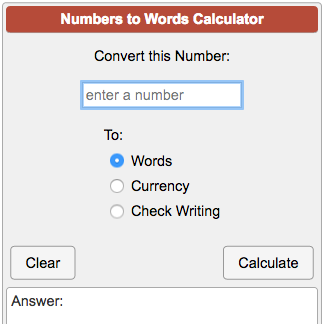Topic translate russian to english words: Discover the secrets of translating Russian to English words efficiently. This guide offers insights into tools, techniques, and tips to master the language conversion process, enhancing your communication and understanding.
Table of Content
- How to translate Russian words to English?
- Top Online Translation Services
- Best Practices for Accurate Translations
- Common Russian Phrases and Their English Equivalents
- Understanding Russian Grammar for Better Translation
- Translation Tools and Apps Comparison
- YOUTUBE: Top 9 Russian Words That You Can\'t Translate to English
- Professional Translation Services
- Tips for Learning Russian for English Speakers
- FAQs in Russian to English Translation
- Cultural Nuances in Language Translation
- Advanced Techniques in Translation Technology
How to translate Russian words to English?
To translate Russian words to English, there are several online tools and dictionaries available that can help you with the task. Here is a step-by-step guide:
- One option is to use the DeepL translator. Go to their website or use their mobile app.
- Enter the Russian word you want to translate in the provided text box.
- Select the target language as English (American).
- Click on the \"Translate\" button.
- The translated word will be displayed on the screen.
- Another option is to use Translate.com.
- Access the website and select \"Russian to English\" translation.
- Enter the Russian word in the designated box.
- Click on the \"Translate\" button.
- The translation will be shown on the screen.
| Option | Steps |
|---|---|
| DeepL |
|
| Translate.com |
|
Furthermore, you can also use offline resources like the Cambridge English–Russian Dictionary to manually look up translations of Russian words to English. These dictionaries usually provide meanings and examples for each translated word.
To use the Cambridge English–Russian Dictionary:
- Open the dictionary or visit its online version.
- Look for the Russian word you want to translate.
- Identify the corresponding English translation.
- Read the provided examples and meanings to understand the word in context.
READ MORE:
Top Online Translation Services
When it comes to translating Russian to English words, several online platforms stand out for their accuracy, ease of use, and comprehensive features. Here’s a look at the most reputable services:
- Google Translate - Offers instant translations for text and web pages, supporting over 100 languages.
- Yandex Translate - A popular choice in Russia, providing accurate translations with a user-friendly interface.
- Bing Microsoft Translator - Features text, voice, and image translations across multiple devices.
- DeepL Translator - Known for its use of artificial intelligence to provide contextually accurate translations.
Each service offers unique features such as offline translation, text-to-speech, and language detection, making them invaluable tools for students, professionals, and travelers seeking to bridge the language gap between Russian and English.
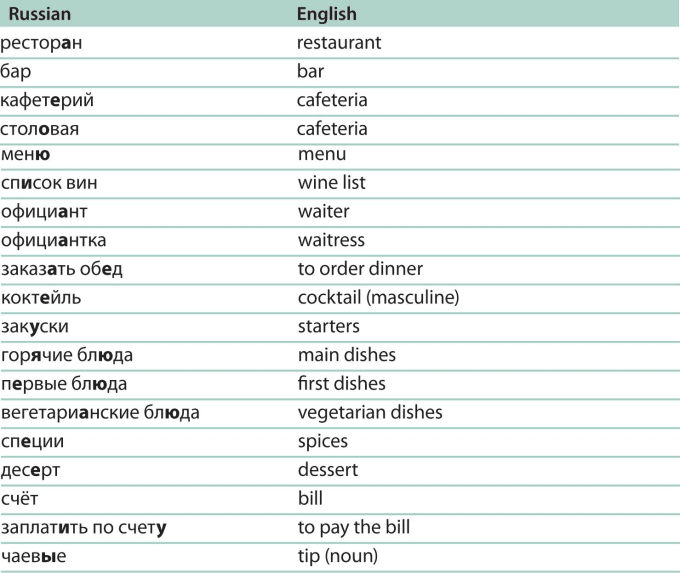
Best Practices for Accurate Translations
To achieve high-quality translations from Russian to English, it\"s crucial to follow best practices that ensure accuracy and retain the original meaning. Here are some essential tips:
- Understand the Context - Always consider the context of the conversation or document to translate meanings accurately, not just words.
- Use Reliable Tools - Opt for trusted translation services or dictionaries for the most accurate results.
- Learn Basic Grammar Rules - Knowing the basic grammar of both languages can significantly improve translation quality.
- Double-Check for Common Errors - Look out for false friends (words that look similar in both languages but differ in meaning) and idiomatic expressions that may not translate directly.
- Consult with Native Speakers - Whenever possible, have a native speaker review your translations to ensure they sound natural and correct.
By adhering to these practices, translators can enhance their skill set, reduce errors, and deliver translations that are both accurate and culturally sensitive.
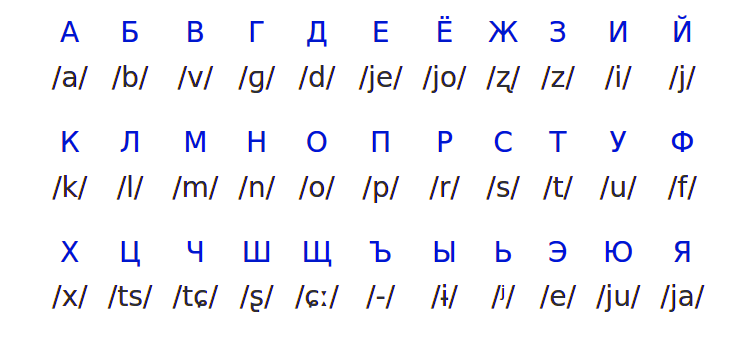
Common Russian Phrases and Their English Equivalents
Learning common Russian phrases and their English translations can greatly enhance communication and understanding. Here are some widely used expressions and their meanings:
Mastering these phrases can help break the ice, foster connections, and navigate basic conversations during your Russian-speaking adventures.

Understanding Russian Grammar for Better Translation
Grasping the intricacies of Russian grammar is essential for accurate translation and effective communication. Russian, a Slavic language, possesses unique grammatical structures that differ significantly from English. By understanding these differences, one can improve translation accuracy and convey messages more effectively.
- Nouns and Genders: Russian nouns are gendered and can be masculine, feminine, or neuter. Gender affects verb conjugations and adjective forms, making it crucial to identify the gender of nouns to construct sentences correctly.
- Case System: Russian uses a case system to indicate the role of a word in a sentence. There are six cases in Russian (nominative, genitive, dative, accusative, instrumental, and prepositional) that affect the endings of nouns, pronouns, and adjectives. Understanding how cases work is key to mastering Russian syntax and translation.
- Verb Conjugation: Verbs are conjugated according to tense, mood, number, and person. Russian has three tenses (past, present, and future) and two aspects (imperfective and perfective) that convey the completion of an action. Knowing verb forms is essential for accurate translation.
- Aspect of Verbs: The concept of aspect in Russian verbs is vital. It distinguishes between the process of the action (imperfective aspect) and the completion of the action (perfective aspect). This distinction is not present in English and requires careful consideration when translating.
- Pronouns and Formality: Russian distinguishes between formal and informal pronouns. This distinction affects verb conjugations and the overall tone of the translation, making it important to understand the context and the relationship between the speaker and the audience.
Beyond grammar, understanding cultural nuances and idiomatic expressions enhances translation quality. Russian phrases often cannot be translated literally into English due to differences in expressions, idioms, and cultural references. Thus, a deep understanding of both languages and cultures is indispensable for effective translation.
By dedicating time to understand the grammatical structure of Russian, translators and learners can significantly improve their proficiency and translation accuracy. With practice and exposure, the complexities of Russian grammar become less daunting, paving the way for more effective communication and deeper cultural understanding.

_HOOK_
Translation Tools and Apps Comparison
In the digital age, a plethora of translation tools and apps have emerged to bridge the gap between languages, making it easier than ever to translate Russian to English and vice versa. However, not all tools are created equal, and each comes with its own set of features, advantages, and limitations. Here, we compare some of the most popular translation tools and apps to help you choose the one that best suits your needs.
When choosing a translation tool or app, consider the type of content you\"re translating, the importance of accuracy, and whether you need additional features like offline translation or speech recognition. For simple phrases and short texts, free tools like Google Translate or Yandex Translate may suffice. For more nuanced or professional translations, consider using tools like DeepL Translator for their superior context understanding and accuracy. Always remember, no tool is perfect, and for critical translations, consulting a human expert is advisable.
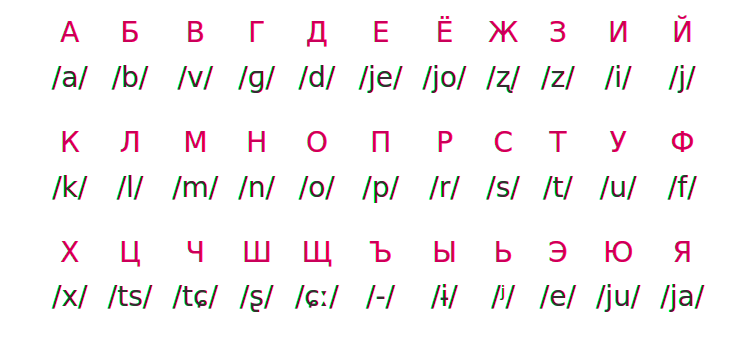
Top 9 Russian Words That You Can\'t Translate to English
Discover the hidden beauty of languages with \"Untranslatable\"! This captivating video takes you on a linguistic journey, exploring words that hold deep meanings and emotions unique to their cultures. Prepare to be amazed by the richness and diversity of human expression.
5 Russian Words That You Can Hardly Translate into English
Embrace the challenge of \"Difficulty\"! This incredible video will inspire and motivate you to conquer anything that comes your way. Whether it\'s overcoming obstacles, mastering a new skill, or reaching your goals, this video will provide you with valuable insights and strategies for success. Get ready to unlock your true potential!
Professional Translation Services
When accuracy and nuance are paramount, professional translation services offer a level of precision that automated tools cannot match. These services employ skilled linguists who understand the subtleties of both the source and target languages, ensuring that translations are not only accurate but also culturally and contextually appropriate. Here’s a breakdown of what professional translation services offer and why they might be the right choice for your needs.
- Human Expertise: Professional translators bring a deep understanding of linguistic nuances, cultural references, and idiomatic expressions that automated tools often miss.
- Specialized Knowledge: Many professional services offer translators with expertise in specific fields such as legal, medical, technical, or business translations, ensuring that the terminology and jargon are correctly translated.
- Quality Assurance: Translation agencies typically have a multi-step quality control process, including editing and proofreading, to ensure the highest level of accuracy.
- Confidentiality: For sensitive or confidential materials, professional translation services provide the security and privacy protocols necessary to protect your documents.
- Customization: Professional services can tailor their translation work to meet specific requirements, such as tone, style, and format, making them versatile partners for a wide range of projects.
Choosing the right professional translation service involves considering several factors, including their experience with the Russian and English languages, their reputation in the industry, turnaround times, and cost. It\"s also advisable to look for services that are certified or accredited by professional translation associations, as this can be an indicator of their commitment to quality and professionalism.
In conclusion, while automated translation tools offer convenience and immediacy, professional translation services provide the accuracy, expertise, and personalized attention necessary for critical documents and communications. Whether you\"re translating a legal contract, medical records, technical manuals, or marketing materials, investing in professional translation can make a significant difference in the success of your international communications.

Tips for Learning Russian for English Speakers
Learning Russian can be a rewarding challenge for English speakers, offering not just a way to communicate in a new language but also a deeper understanding of Russian culture and history. Here are some practical tips to help you navigate the complexities of Russian and make your learning journey more effective and enjoyable.
- Start with the Cyrillic Alphabet: Familiarize yourself with the Cyrillic script early on. Practice writing and pronouncing each letter. This foundation will make it easier to learn words, read texts, and understand spoken Russian.
- Build Your Vocabulary: Focus on learning common phrases and essential vocabulary first. Use flashcards, apps, or sticky notes around your home to memorize new words. Contextual learning can also be very effective, so try to learn words in phrases or sentences rather than in isolation.
- Practice Pronunciation: Russian pronunciation can be tricky for English speakers. Listen to native speakers as much as possible and mimic their pronunciation. Use language learning apps, Russian podcasts, and songs to improve your listening skills and pronunciation.
- Understand the Grammar: Russian grammar is known for its complexity, including gendered nouns, cases, and verb aspects. Take it one step at a time, and don\"t be afraid to make mistakes. Consistent practice is key to mastering Russian grammar.
- Engage with Russian Media: Immersing yourself in Russian language media such as movies, TV shows, music, and books can significantly enhance your understanding and fluency. It exposes you to the language as it\"s used by native speakers and helps you pick up on cultural nuances.
- Speak as Much as Possible: Language exchange meetups, speaking with native speakers, or even practicing speaking aloud to yourself can greatly improve your speaking skills. Don\"t worry about perfection; the goal is to become comfortable using the language.
- Use Language Learning Apps: Apps like Duolingo, Babbel, or Rosetta Stone offer structured lessons in Russian, from beginner to advanced levels. They can be a great way to structure your learning and practice regularly.
- Take a Course or Find a Tutor: For more structured learning, consider taking a Russian course or finding a tutor. This can provide personalized feedback and guidance, which is invaluable for tackling difficult aspects of the language.
Learning Russian is a journey that requires patience, practice, and persistence. Celebrate your progress, no matter how small, and keep pushing forward. With time and effort, you\"ll find yourself understanding and speaking Russian with increasing confidence.
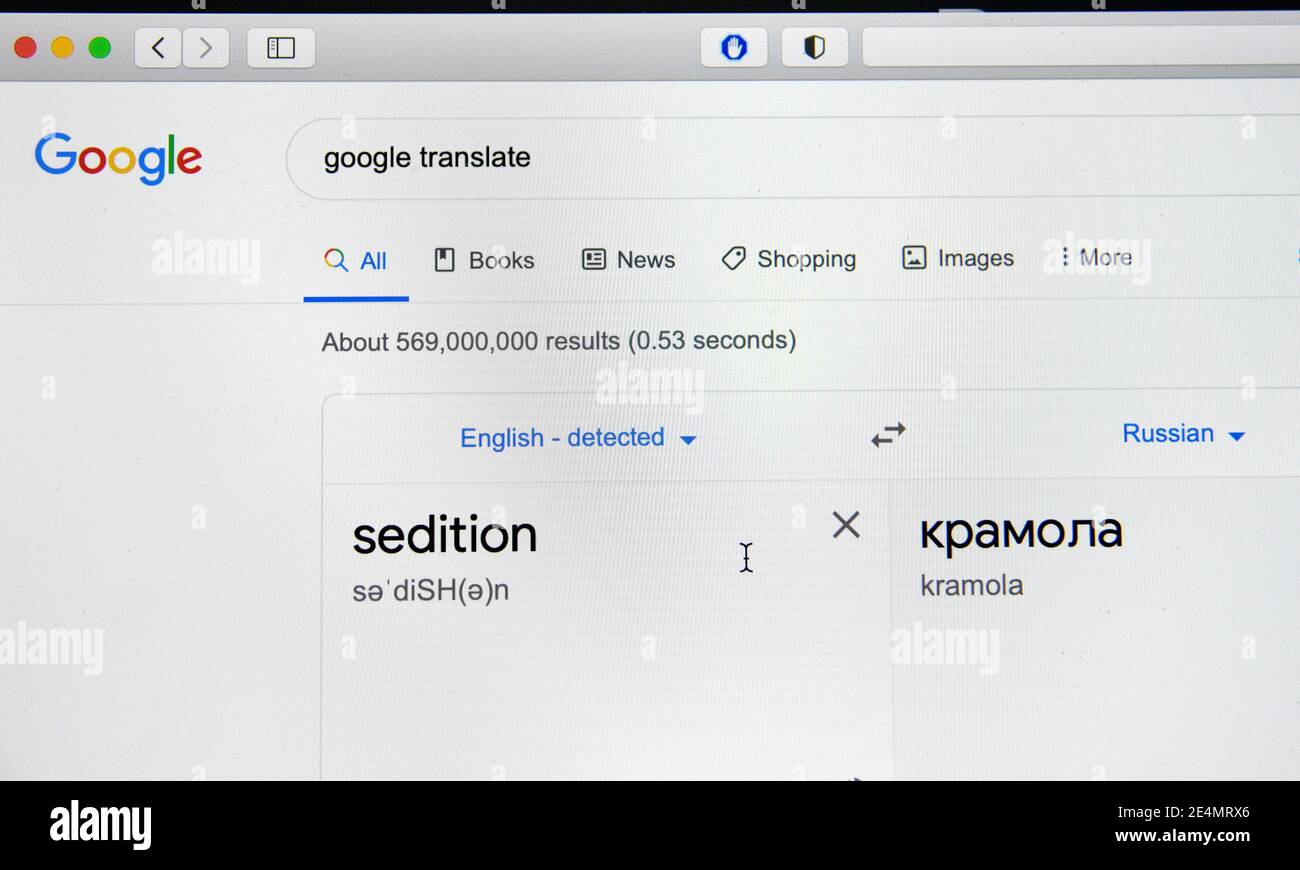
FAQs in Russian to English Translation
Translating between Russian and English can raise many questions, especially for those new to either language. Below are answers to some frequently asked questions about Russian to English translation, designed to clarify common concerns and provide useful insights.
- Why do some Russian words have multiple English translations? Russian language often conveys nuances that require different English words to express. Context, cultural significance, and idiomatic expressions play a huge role in determining the most accurate translation.
- Can I trust online translation tools for accurate translations? Online translation tools like Google Translate or DeepL can provide quick and generally accurate translations for simple texts. However, for complex or nuanced materials, professional translation services are recommended for the highest accuracy.
- How important is context in translation? Context is crucial in translation. It influences the choice of words and phrases, ensuring that the translation conveys the original message\"s intent, tone, and subtlety. Without context, translations can be misleading or incorrect.
- What are the challenges of translating Russian idioms into English? Idioms often contain cultural references or meanings that don\"t translate directly. Finding an equivalent English idiom or rephrasing the idea to convey the same meaning without losing the original\"s flavor is a common challenge.
- How can I improve my Russian to English translation skills? Practice is key. Engage with both languages regularly, study grammar and vocabulary, use translation exercises, and get feedback from native speakers or professionals. Exposure to a variety of texts and contexts also helps improve accuracy and fluency.
- Is it necessary to understand Russian culture for effective translation? Yes, understanding Russian culture can significantly enhance translation quality. Cultural knowledge helps interpret phrases, idioms, and references accurately, making translations more meaningful and appropriate.
While translating between Russian and English can be complex, it is also a rewarding skill that opens up a rich world of literature, dialogue, and cultural exchange. Whether you\"re a beginner or looking to refine your translation skills, embracing the challenges and nuances of these languages can lead to greater proficiency and understanding.

Cultural Nuances in Language Translation
Language is deeply intertwined with culture, carrying nuances and connotations that are often unique to its native speakers. When translating between Russian and English, it\"s essential to consider these cultural nuances to convey the original message accurately and respectfully. Understanding cultural differences and similarities can bridge communication gaps, ensuring translations are not only linguistically correct but also culturally appropriate.
- Idiomatic Expressions: Many Russian idioms have no direct English equivalent, carrying meanings tied to historical, cultural, or societal contexts. Translators must find creative ways to convey these expressions in English, preserving their original impact and significance.
- Social Hierarchy and Formality: Russian language distinguishes between formal and informal speech more explicitly than English. This distinction, rooted in social hierarchies and levels of intimacy, must be carefully navigated to avoid unintended disrespect or familiarity.
- Historical and Cultural References: References to Russian history, literature, or folklore may not be familiar to English-speaking audiences. Translators sometimes need to provide additional explanations or choose analogies that carry a similar weight in the target culture.
- Non-verbal Communication: Non-verbal cues and body language can also differ significantly between cultures. While not always directly related to text translation, understanding these differences can be crucial for translators working on multimedia content or localization projects.
- Humor: Humor often does not translate well due to cultural differences in what is considered funny or appropriate. A joke that works well in Russian might fall flat or even offend in English, requiring a careful balancing act to adapt humor appropriately.
- Values and Beliefs: Core values and beliefs reflected in language can influence how certain concepts are expressed or understood. Translators must be sensitive to these aspects to ensure that translations do not inadvertently misrepresent or distort the original message.
Effective translation goes beyond converting words from one language to another; it involves a deep understanding of the cultural contexts that shape how those words are used and understood. By paying close attention to these cultural nuances, translators can create more meaningful, accurate, and respectful translations that truly resonate with the target audience.

_HOOK_
READ MORE:
Advanced Techniques in Translation Technology
The field of translation technology has seen remarkable advancements, significantly enhancing the accuracy, efficiency, and range of translation capabilities. From artificial intelligence and machine learning to neural networks and natural language processing, these technologies are revolutionizing how we translate between languages like Russian and English. Here\"s an overview of some of the most advanced techniques in translation technology.
- Neural Machine Translation (NMT): NMT uses deep neural networks to understand context and nuance, providing translations that are more fluent and accurate than ever before. This technology has greatly improved the quality of automated translations, making them more comparable to human translations.
- Artificial Intelligence (AI) and Machine Learning: AI and machine learning enable translation tools to learn from vast amounts of data, continuously improving their accuracy and ability to understand complex language patterns and idioms.
- Natural Language Processing (NLP): NLP techniques analyze the structure and meaning of text, helping translation technologies to understand syntax, semantics, and even cultural nuances. This is crucial for accurately translating between languages with significant differences, such as Russian and English.
- Speech-to-Text and Text-to-Speech Technologies: These technologies allow for real-time voice translation, making it easier to communicate in different languages without the need for text input. Advances in this area have improved pronunciation, intonation, and naturalness of translated speech.
- Translation Memory Systems: Translation memory systems store previously translated sentences or segments, which can be reused in new translations. This not only speeds up the translation process but also ensures consistency across documents and projects.
- Automated Post-Editing (APE): APE tools use AI to automatically correct and improve machine-translated texts, reducing the time and cost of human editing while maintaining high quality standards.
- Language Detection: Advanced language detection algorithms can automatically identify the language of the source text, simplifying the translation process for texts containing multiple languages or for users unsure of the source language.
These advanced techniques are making translation more accessible, accurate, and efficient, opening up new possibilities for global communication and understanding. While technology continues to evolve, the role of human expertise remains crucial, particularly for texts that require deep cultural understanding or specialized knowledge. The future of translation technology lies in the synergy between human skill and technological innovation.
Embarking on the journey of translating Russian to English opens a world of cultural richness and linguistic diversity. Embrace these insights and tools to bridge languages effortlessly, enhancing communication and understanding in our interconnected world.












